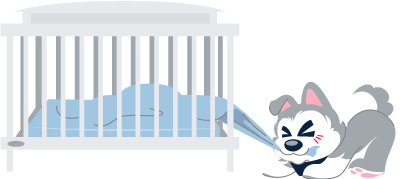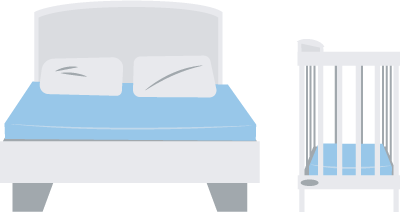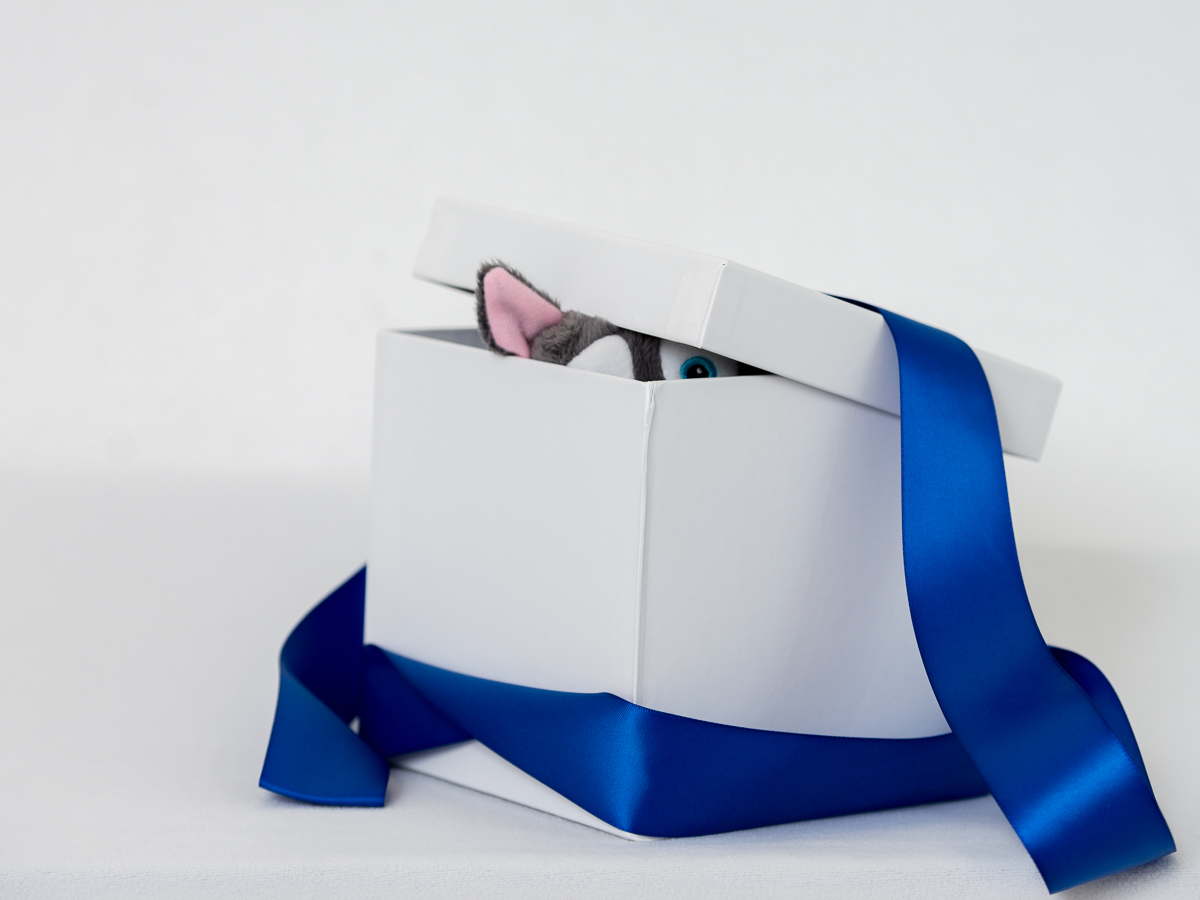Going Home
Going home can be both exciting and scary. Our nurses are here to help and answer any questions you may have to make the transition home a smooth one. Typically discharge is at 11 a.m., and a nurse will go over your discharge instructions with you before you leave.
Transportation
Make arrangements for a ride prior to discharge. Also be sure the infant car seat base is properly installed beforehand. If you need help, check with your local police or fire departments. Many towns offer free assistance with car seat installation.
Personal Belongings
Be sure to collect all of your belongings and double check closets and drawers. Don't forget your chargers!
Infant Care
Throughout your stay at UConn Health, doctors and nurses are available for support and to answer questions about the care of your little one. Feel free to ask any questions you may have about caring for your baby.
Safe Sleep
Follow these recommendations to reduce the risk of Sudden Infant Death Syndrome (SIDS).
Back to Sleep

Always place your baby on their back to sleep for naps and at night. Use a firm, flat sleep surface, preferably a safety-approved crib and a mattress covered with a fitted sheet.
Keep the Crib Clear

Keep your baby’s crib clear of all soft objects including pillows, blankets and other loose bedding, bumpers, and toys. Dress your baby in clothing designed for sleep, such as a sleep sack.
Close But Never Together

Your baby’s sleeping area should be close but not in bed with you. Your baby should not sleep in an adult bed, couch, or chair, alone or with anyone else.
Postpartum Depression
After the birth of your child, it’s common to experience baby blues. The symptoms include moodiness and crying, trouble sleeping, and anxiety, but if you feel this way for longer than two weeks or think the feelings are more severe than baby blues, you may be experiencing postpartum depression, postpartum anxiety, or a combination of both.
Postpartum depression is a medical complication that occurs after birth. It is a mood disorder that causes a variety of symptoms such as feelings of sadness, hopelessness or worthlessness, weepiness, irritability, trouble sleeping and concentrating, overeating or eating too little, losing interest in social activities, and thoughts of self-harm or harming your baby. Postpartum anxiety is another post-birth complication that causes excessive worry or anxiety about the safety of your baby and can even cause panic attacks.
If these feelings begin to interfere with or control your life, it’s important to seek help from an experienced medical professional. Talk to your OB/GYN about your concerns, and he or she will refer you to a practitioner who specializes in postpartum mental health.
Jonathan Junior
Jonathan Junior is the newest addition to the UConn Husky family, and all our families on the labor and delivery unit get to take a plush Johnathan Junior husky dog home with them. He's stolen our hearts and we hope all our families will love their Jonathan Junior as much as we do.

